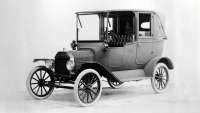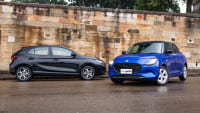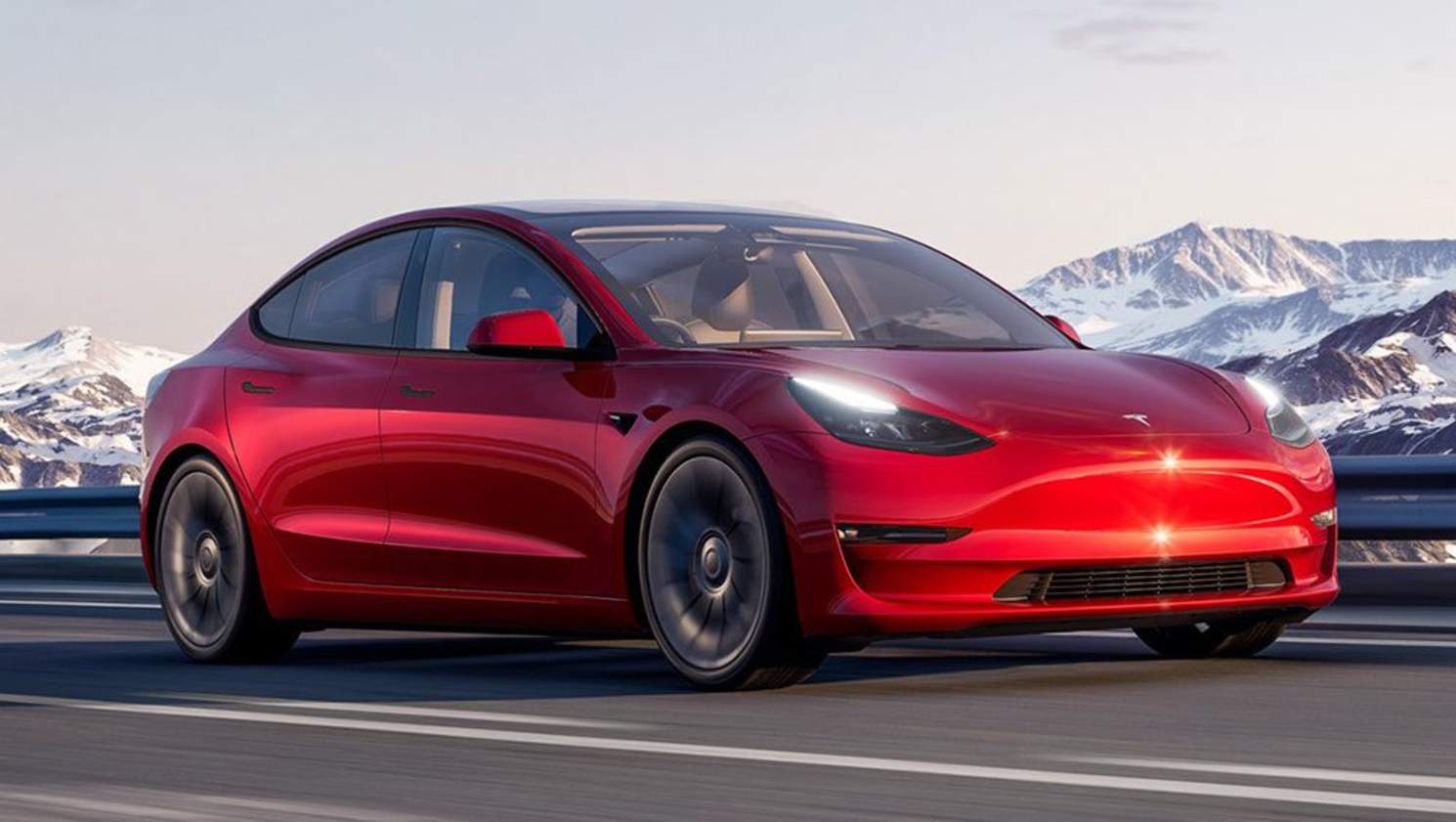When a driver gets behind the wheel of an electric vehicle (EV) for the very first time, there are a few things that mark it as a decidedly different driving experience, compared to an internal-combustion engine (ICE): the instant torque, the silence and the absence of fuel fumes.
EVs are also pleasingly different in the way that they’re cheaper to run, since the cost of charging an EV with electricity is cheaper than the equivalent in petrol or diesel.
But what about electric car efficiency and what is the most efficient electric car in Australia?
ICE vehicles, of course, measure fuel efficiency in terms of how many kilometres you can drive per litre of fuel, but to find the most cost-efficient electric car, a different method is required.
On average, an ICE vehicle will consume around five litres of fuel per 100km, whereas an EV will use up approximately 15kWh (kilowatt-hours) over the same distance.
There are, however, a number of factors that impact how much range you’ll get from an EV’s battery, including the energy used to accelerate and brake (the more often, and the harsher, the more you’ll drain the battery), aerodynamic drag, the age of the battery and the driving conditions (lots of steep hills - expect the battery to lose charge a whole lot quicker). Tyres and wheel size can also make a big difference to EV efficiency (and therefore, range), with smaller wheels and larger tyres generally being better for consumption, and EV-specific tyres at times adding tens of kilometres to a car's overall driving range.
Still, by using kWh/100km of charge consumption rather than litres/100km, we are able to determine the energy efficiency of an EV.
To find the most efficient electric car (battery capacity will only give you an approximate range, remember), we looked at the best EVs in Australia in terms of kWh per 100km.
Most energy efficient EVs
Tesla Model 3

kWh efficiency - WLTP combined: From 13.1kWh/100km
Battery capacity / range: From 62.3kWh / 491km
Price: From $63,900, plus on-road costs
The Model 3 isn’t just the most efficient electric car on this list, but also the world’s most popular EV in terms of overall sales.
Hyundai Kona Electric

kWh efficiency - WLTP combined: 14.3kWh/100km
Battery capacity / range: From 39.2kWh / 305km
Price from: $54,500, plus on-road costs
This zippy, compact five-door has decent enough driving range, but the boot space is somewhat compromised due to the size of the vehicle’s lithium-ion battery pack.
Lexus UX300e

kWh efficiency - WLTP combined: 15.0kWh/100km
Battery capacity / range: From 54.3kWh / 305km
Price from: $74,000, plus on-road costs
Claiming to have the power of an SUV and the agility of a hatchback, this luxury small SUV has comfort to spare, but the driving range is a little lacking considering the cost.
Hyundai Ioniq Electric

kWh efficiency - WLTP combined: 15.7kWh/100km
Battery capacity / range: From 38.3 kWh / 311km
Price from: $49,970, plus on-road costs
Although available in 2022, the Ioniq Electric has been discontinued. In its place are the Ioniq 5 and, soon, the Ioniq 6 sedan, a rival for the Tesla Model 3, which arrives in Australia in 2023.
Kia Niro EV
.jpg)
kWh efficiency - WLTP combined: 15.9kWh/100km
Battery capacity / range: From 64kWh / 455km
Price from: $62,590, plus on-road costs
This small SUV has slightly less driving range and a slightly cheaper price than the Tesla Model 3, with the only major con being that it could offer more features than it does considering the high price point.
MG ZS EV

kWh efficiency - WLTP combined: 16.2kWh/100km
Battery capacity / range: From 51kWh / 320km
Price from: $42,990, plus on-road costs
Australia’s cheapest electric vehicle, the MG ZS EV small SUV was second only to the all-conquering Tesla Model 3 in terms of overall sales in 2021.
Mini Cooper SE
.jpg)
kWh efficiency - WLTP combined: 16.8kWh/100km
Battery capacity / range: From 32.6kWh / 233km
Price from: $62,825, plus on-road costs
The Mini Cooper might sport an iconic design, but the range - less than half of the Tesla Model 3, even though it costs almost as much - leaves a lot to be desired.
Mercedes-Benz EQA250
.jpg)
kWh efficiency - WLTP combined: 17.7kWh/100km
Battery capacity / range: From 66.5kWh / 426km
Price from: $78,513, plus on-road costs
A premium EV that knows what its customers want - luxurious comfort, excellent driving performance and a cabin jammed with all the technological bells and whistles you could hope for.
Nissan Leaf e+
.jpg)
kWh efficiency - WLTP combined: 18kWh/100km
Battery capacity / range: From 62kWh / 385km
Price from: $61,490, plus on-road costs
The popular Nissan Leaf has been on the Australian market for over a decade now, with the latest e+ model coming with vehicle to grid (V2G) technology, giving it the ability to transfer energy back to the grid.
Mazda MX-30 E35 Astina

kWh efficiency - WLTP combined: 18.5kWh/100km
Battery capacity / range: From 35.5kWh / 225km
Price from: $65,490, plus on-road costs
A luxurious and dynamic SUV, but one that suffers from a mediocre driving range when compared to similar vehicles in the segment, although it’s still likely enough for the average driver.


.jpg)
.jpg)

.jpg)
.jpg)
.jpg)









.jpg)

.jpg)

